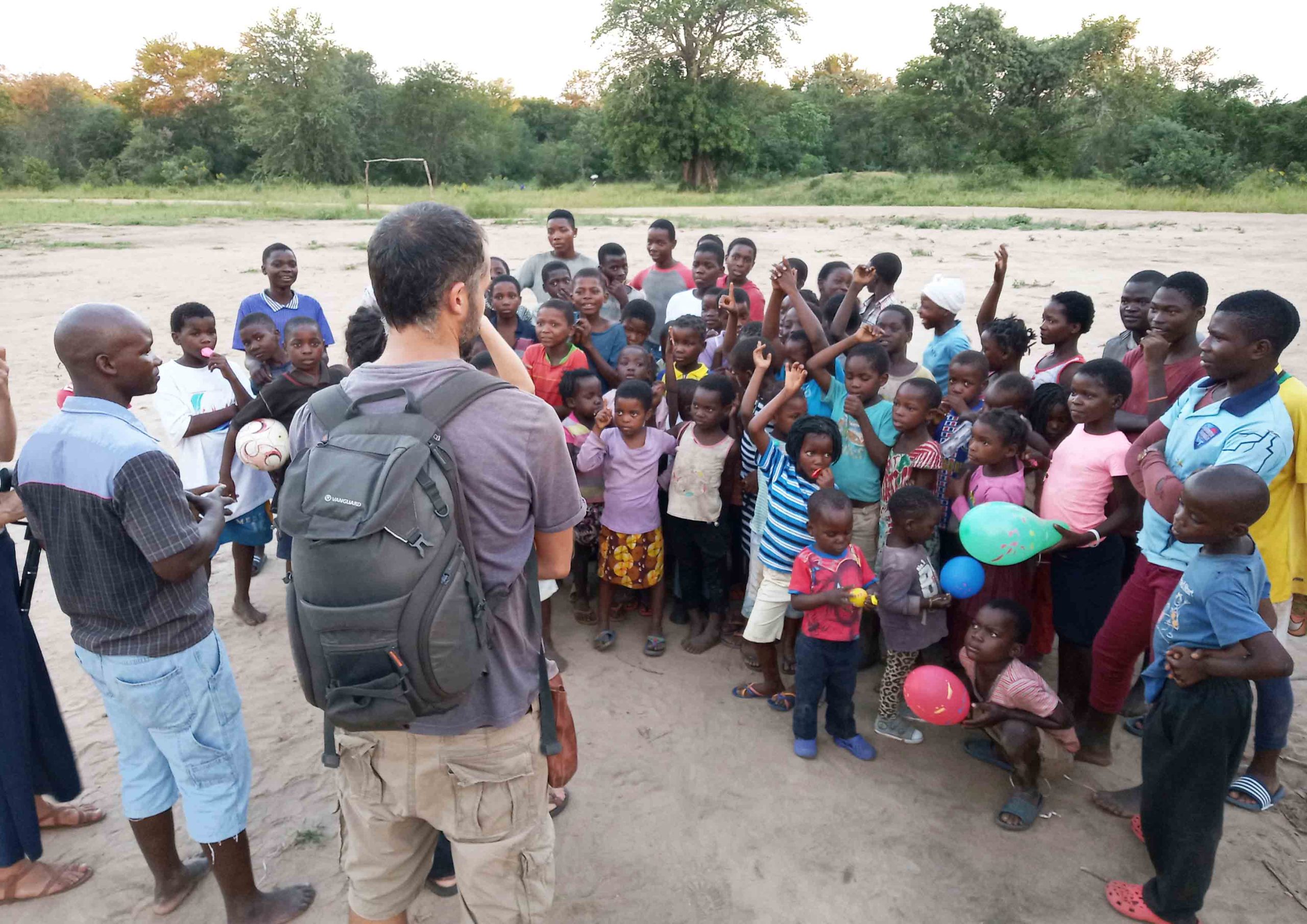Voluntourism in Mozambique
Together with Azada Verde we aim to improve rural life in Mozambique
People in Mozambique are exposed to changes that are dramatically affecting their way of living. Climate change is affecting water availability that is crucial for countless rural communities all over the continent. Together with Azada Verde (An NGO focused on ecologic solutions for social improvement on rural areas) we aim to improve the livelihood on these communities while assuring the sustainability of their activities.
On this program you will have the unique opportunity to visit “real” Rural Africa while having a direct positive impact on rural communities.
You will always be accompanied by our expert team to make the most out of your days in Mozambique.
This experience is far from a conventional tour and you will be “hands on” during the project days. After that we will show you some of the most interesting places to visit in Mozambique from its stunning beaches to the most wild areas.
Day 1
Arrive to Beira Airport and transfer to Hotel. Quick briefing. Settle in and get ready to the next day witch will be an early morning.
Day 2
Early breakfast and departure to the rural communities area by car (+- 5 hours). Get settled and know the local team. After lunch we will have a walk around the area to interact with the local people. We will be installed on the humble but comfortable local facilities.
Day 3
Early breakfast and head to the local workshop where you will see how the cycling-pumps are made. We will help the local team to assemble a cycling-pump on one of the designated areas. Lunch will be served on the headquarters. After Lunch we will go to one of the sites where a pump is already installed where you will get to see how it works and how it impacts the local community.
Day 4
This day will be dedicated on visiting two agriculture associations to show how they are formed and their impact on local people lives.
Day 5
On this day we will see a project called Peace Schools, where local orphans are received and given an opportunity to study and be re-integrated on the social life of the rural communities. We will also walk through the local villages to see their livelihoods.
Day 6
Depart to Vilanculos by car (+- 5 hours) Local food experience at Lunch time. Check in at the Hotel and enjoy the beach or relax at the Hotel.
Day 7
Dhow Safari (Tour to the islands on a traditional boat, snorkel at the local reef and walk on the islands).
Day 8
Free day.
Day 9
Transfer to Vilanculos airport, Flight to Maputo. Arrive to Maputo and transfer to the hotel.
Day 10 & 11
Safari on the Maputo Special Reserve.
Day 12
Leave the Reserve and get back to Maputo. Check in at the Hotel during the afternoon. Debriefing dinner.
Day 13
Transfer to the Airport. End of tour.









PRICE PER PERSON (USD)
$ 4240
* Minimum of 3 pax to run the trip. **Rate based on single accommodation.
** 20% of the rate is redirected towards the aid initiatives.
INCLUDES
- ACCOMMODATION.
- MEALS DESCRIBED ON PROGRAM.
- TRANSFERS DESCRIBED ON PROGRAM.
- GUIDE
- PARK FEES
- INTERNAL FLIGHTS
EXCLUDES
- ALL THE COSTS RELATED WITH PERSONAL ITEMS.
- ANY ACTIVITIES, MEALS OR ACCOMMODATION THAT ARE NOT SPECIFIED IN THIS PROGRAM.
- BANK TRANSFER FEES AND EXCHANGE RATE FLUCTUATIONS.
- INTERNATIONAL FLIGHTS.
RECOMENDATIONS
- Approximately 70% of its population of 29 million people (2018) live and work in rural areas.
- It is ranked 180 out of a total of 189 in the Human Development Index.
- The average income per family is 358 euros per year.
- Illiteracy rates reach more than two thirds of the rural population.
- The levels of malnutrition reach 30.5%, which get worse in rural areas.
- Contagious diseases (Tuberculosis, Malaria, HIV/AIDS…), maternal, perinatal and nutritional issues are the main causes of death in the country.
- The malnutrition rate rises to 55%, witch manifests in children under 5 years as chronic malnutrition.



